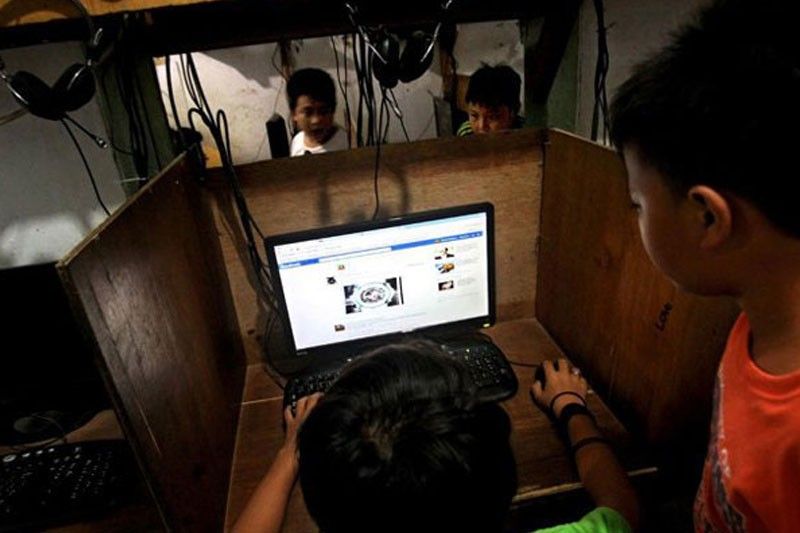Children’s world shrinking to homes, computers – UNICEF

MANILA, Philippines — Due to the COVID-19 pandemic, children have seen their worlds shrink to just their homes and the screens of their computers, laptops, mobile phones or other devices, according to the United Nations children’s agency.
“The internet wasn’t built with children’s safety in mind,” the UN Children’s Fund (UNICEF), which is working to eliminate online child sexual exploitation and abuse, said over the weekend.
“At any one time, 750,000 individuals are estimated to be looking to connect with children online for sexual purposes, a challenge so large – and so complex – that no one entity can solve it alone,” the Global Partnership to End Violence Against Children said in supporting Safer Internet Day.
For children already experiencing harm or hurt – online or offline – even before the COVID-19 pandemic, UNICEF warned that the rise in screen time may have exacerbated their anguish.
UNICEF Executive Director Henrietta Fore had expressed the growing concern for the well-being of children already facing online risks even before the pandemic.
Although millions of boys and girls worldwide have relied on the internet to play, socialize and learn during the COVID-19 pandemic, Fore said time online can expose them to sexual exploitation, cyberbullying and other risks.
“School closures, physical distancing, decreased services and increased strain on already vulnerable families have disrupted and reduced some of the protective measures available to them,” Fore said.
UNICEF cited evidence which suggests that more time online is leading to less outdoor activity for children, reduced sleep quality, increased symptoms of anxiety and unhealthy eating habits.
“For children and young people themselves, preparing for a kinder, more connected world post-COVID means helping strike a balance between their online and offline worlds, nurturing safe, positive relationships with those around them and having access to the support they need,” Fore said.
Teen, child pregnancies
Meanwhile, school closure and the pervasiveness of sexual content on internet were blamed for the numerous cases of teen and child pregnancies during the pandemic.
Sociology professor Gloria Luz Nelson of the Department of Science and Technology-National Research Council of the Philippines, who had conducted a study on the case of 18 teenaged mothers, said the recent case of two 10-year-old girls giving birth during the pandemic as well as the many other reported cases of teenage girls giving birth during the lockdown, was a result of girls being cooped up in their homes and communities.
Nelson said there was a strong probability that incest could be involved in a number of cases.
“With the pandemic, school was closed. Not just here in the Philippines. There are 194 countries that closed school and affected 1.6 billion children,” Nelson said in a mix of Filipino and English in an interview with Manila-based radio station dzME.
“When they are just inside their houses, communities, their exposure is to men, older men. Not like when they are in school, they are with their peers, other girls and their male schoolmates,” the professor of sociology at the University of the Philippines-Los Baños said.
“School closure is a big thing. It opened last October but it was just blended learning with the children still staying in their homes,” Nelson said.
The precocious engaging in sex of children and teenage girls, Nelson said, could also be attributed to the lack of guidance by their families.
Another, she said, was the pervasive sex content in internet social media to which children are exposed, especially during the lockdown.
Nelson had also presented the results of her study on some 18 pregnant teenagers and teenage mothers during the pandemic which showed that while there is growing alarm over the problem of young girls becoming pregnant and giving birth during the pandemic, the teenage and expectant mothers were welcoming their offspring. – Rainier Allan Ronda
- Latest
- Trending





























